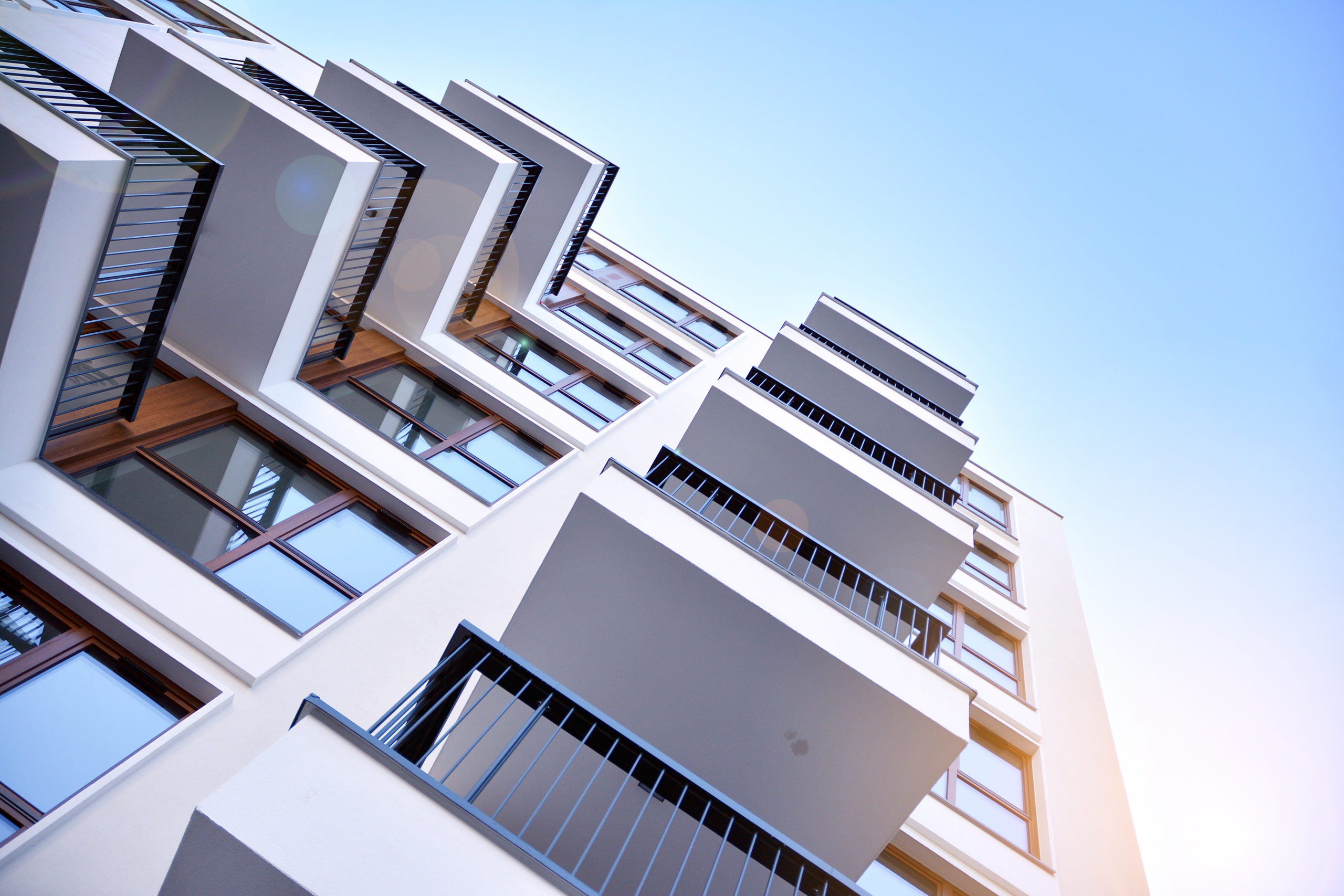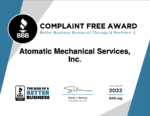Throughout Chicagoland, there are many multi-family homes and buildings. Some are obvious like apartment complexes, while others are large homes that are renovated to create multiple units in one property. Depending on your situation, how many units are in your building, and the size of each unit could determine if a multi-family HVAC system is the right choice for your property. The team at Atomatic Mechanical Services has the answers to help you decide.
Different Kinds of Multi-Family HVAC Systems
A Multi-family building like an apartment complex has different HVAC requirements than a single-family home. Depending on the size and shape of your building, as well as unit size, can determine which HVAC system would be best.
When looking for multi-family HVAC systems, you want to make sure they are sized appropriately as that can have an effect on the energy efficiency of your system.
Centralized HVAC Systems
Centralized HVAC systems consist of one unit that controls the climate for the entire building. One self-contained system is located in a central location like a basement or a mechanical room, and supplies forced air to every separate unit in the building.
While centralized systems may have more expensive installation costs, they are easy to repair and have lower maintenance costs. You’ll want to take into account the entire size of the area that is going to be heated and cooled. This doesn’t just include square footage, but also how high the ceilings are. Geothermal HVAC systems are a great centralized system option because they are incredibly energy efficient while still providing comfort throughout your building.
Decentralized HVAC Systems
When each unit has its own heating and cooling system, this is a decentralized HVAC system. Decentralized systems are more energy efficient and allow each unit to have personalized control for its home. If one unit’s HVAC system does out, it does not affect the other units, which is an advantage. Most decentralized HVAC systems are split units, with an indoor unit and an outdoor unit. When you have units that vary in size, individual units might be the best way to go because they can be sized appropriately on a case-by-case basis to maximize energy efficiency.
How To Choose Which Multifamily HVAC System Would Be The Best For Your Building
When choosing between decentralized and centralized HVAC systems, the shape of your building is an essential factor. A centralized HVAC system is best used in high-rise and mid-rise properties, while, decentralized HVAC units work best in low-rise developments.
Residential buildings that are adding an in-law apartment, or just want more climate control throughout various rooms in their homes shouldn’t consider a multi-family system. HVAC zoning or ductless mini splits could be a much more affordable solution that can provide individualized comfort and keep energy costs affordable.
Contact Atomatic Mechanical Services to Learn More About Multi-Family HVAC Systems
If you have questions on which heating and cooling systems would be best for your multifamily buildings, talk to the expert HVAC technicians at Atomatic Mechanical Services. We have a ton of experience in both commercial and residential HVAC systems and we can help you find the ideal air conditioning and heating systems that would work best for your property. Give Atomatic a call today to learn more.





